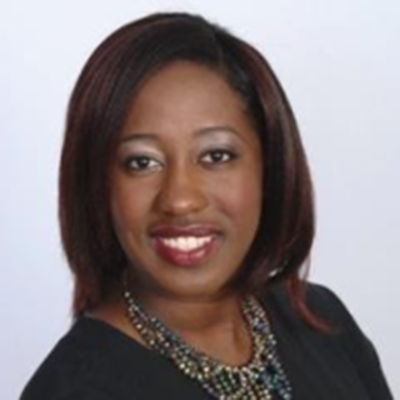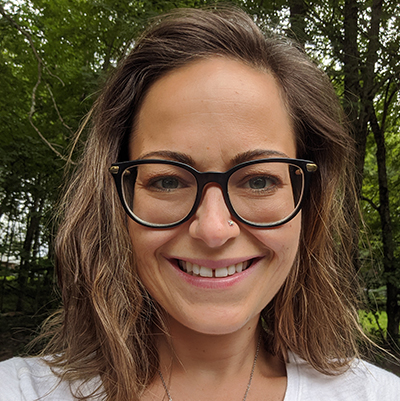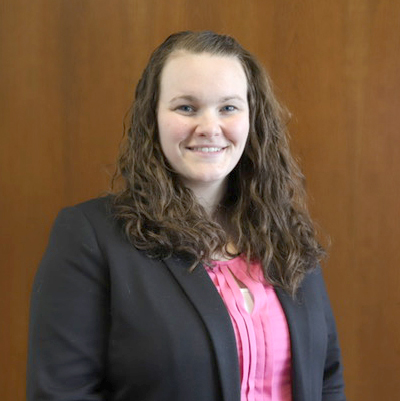Family Nurse Practitioner (FNP) Online Nurse Practitioner Programs
FNP Training for Nurses Seeking to Provide Primary Care for Every Stage of Life
The FNP online concentration is a part of UConn's Nursing master's (MS) and doctoral (DNP) online degree programs. Learn more about all of the Elisabeth DelLuca UConn's online Nursing concentrations.
The Family Nurse Practitioner (FNP) online Master of Science (MS) and Doctor of Nursing Practice (DNP) program at The University of Connecticut prepares advanced practice nurses to assess, diagnose, monitor, treat, and coordinate the care of individuals across the lifespan and across primary and acute illnesses.
The program is designed for licensed registered nurses who currently hold a bachelor's degree and aspire to become advanced practice nurses.
You may choose the:
- 48-credit Master of Science in Nursing (MS) degree.
- 78 to 80-credit BS to Doctor of Nursing Practice (BS-DNP) degree.
- Those with a master’s degree in nursing may choose the 30+-credit Post-Graduate Certificate. The variable credit requirement would be based on what the applicant may have already completed as part of their master’s in nursing degree.
This completely online FNP program is taught by the UConn School of Nursing faculty, all highly experienced practitioners in their field.
Graduates of this concentration are prepared to apply for eligibility for the FNP Primary Care certification examination prepared by an approved national organization as accepted by the Board of Registration in Nursing. The FNP online master’s and DNP degrees are not approved for students residing outside of the United States.
Note: With exceptional success, between 2020 and 2024, 94% of UConn FNP graduates passed their American Association of Nurse Practitioners (AANP) or American Nurses Credentialing Center (ANCC) certification examinations on their first attempt.
What Is a Family Nurse Practitioner?
 Today’s family nurse practitioners (FNPs) provide comprehensive patient-focused primary care to individuals across the lifespan—from infants to the elderly. Their focus includes delivering preventive healthcare services for both acute and chronic conditions, requiring them to diagnose and treat illnesses, perform routine checkups, oversee health-risk assessments, and offer counseling services.
Today’s family nurse practitioners (FNPs) provide comprehensive patient-focused primary care to individuals across the lifespan—from infants to the elderly. Their focus includes delivering preventive healthcare services for both acute and chronic conditions, requiring them to diagnose and treat illnesses, perform routine checkups, oversee health-risk assessments, and offer counseling services.
FNPs generally work in practices that focus on women’s health, family practice, pediatric, and internal medicine. Often FNPs are found in outpatient settings like independent practice clinics, women’s health centers, and community health clinics.
Job opportunities are abundant for FNPs because of their ability to work in a spectrum of clinical settings. It is common for FNPs to collaborate with healthcare and social service professionals in numerous settings, such as schools, workplaces, and community-based organizations. And FNPs tend to enjoy traditional work hours like those of a physician office.
UConn Family Nurse Practitioner (FNP) programs accept students once per year, for a summer semester start.
Application Deadline
January 15
Family Nurse Practitioner tracks accept applications between September 9 through January 15 for entry into the program the following summer semester.
Applications are reviewed in the order they are received.
Please submit application materials as early as possible; late or incomplete applications will not be considered.
Visit the School of Nursing for information about Distance Learning & Experiential Learning Requirements.

#5 Ranking among Online Nursing Master’s Programs in the Country
(U.S. News & World Reports 2025)
What Students Are Saying

Patience Akugue
“I am a graduate of the MS and DNP programs of the UConn School of Nursing. After graduating with my BSN from the University of St. Joseph in 2015,"... READ MORE

Vanessa Bolling
“As a triple Husky, receiving my BS in 2010, MS (FNP track) in 2015, and DNP in 2021 from UConn, I can confidently state that the School of Nursing,"... READ MORE

Angela Pianka
“UConn’s FNP program made becoming an FNP attainable. I worked as a floor nurse on a post-op/medical floor for seven years and truly enjoyed it"... READ MORE

Krista Roberts
“After serving as a U.S. Navy Nurse Corps Officer in a primary care clinic, I knew I wanted to be a family nurse practitioner. The school of nursing at UConn"... READ MORE






